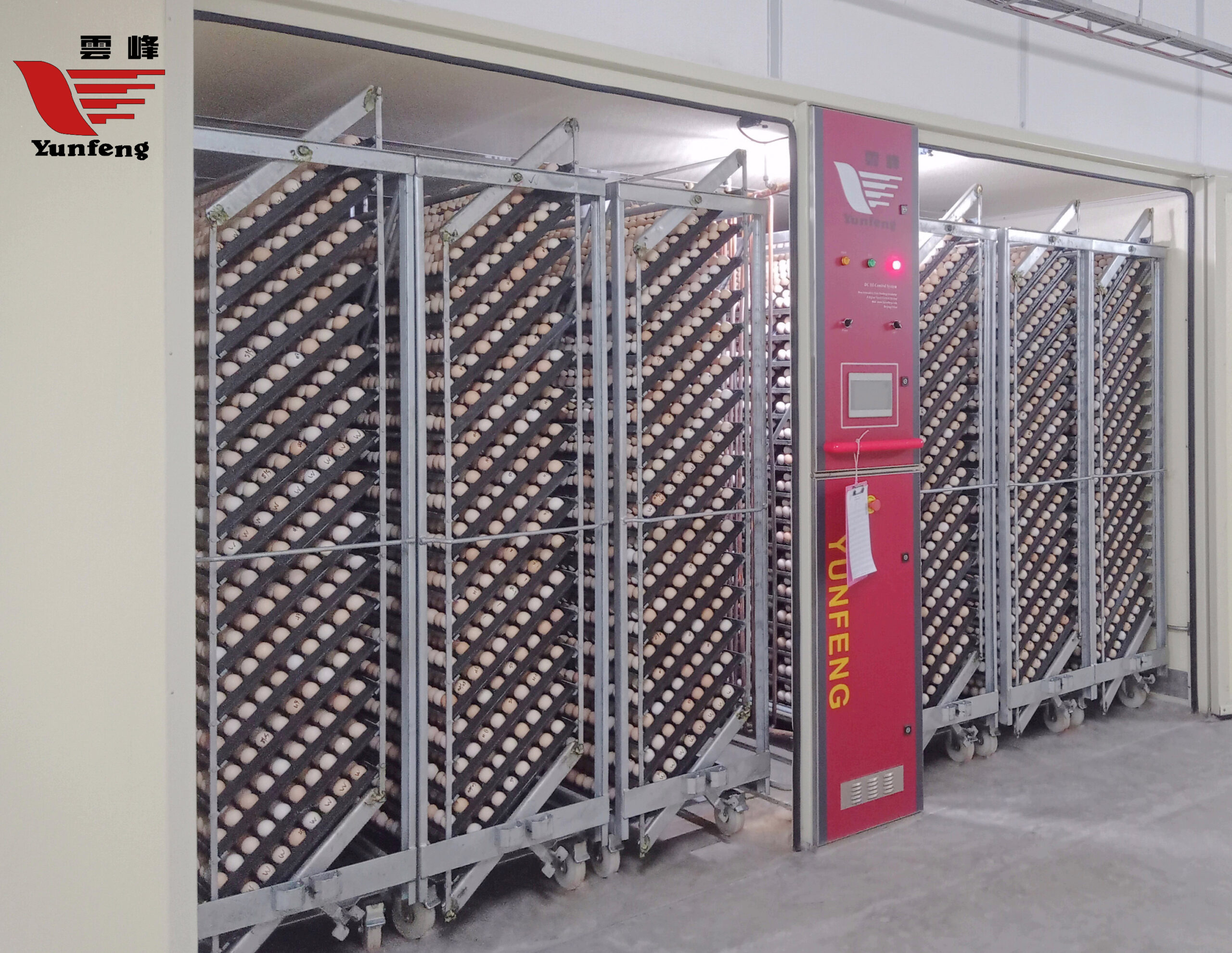The cost of starting a hatchery business in Kenya can vary greatly depending on several factors, including the
- size of the operation,
- the type of equipment and infrastructure needed
- the cost of inputs such as eggs, incubators,
- feed.
On average, you can expect to spend anywhere from a few hundred thousand Kenyan shillings to several million, depending on the scale of the operation.
It’s important to conduct thorough market research and create a detailed business plan to ensure that you have a realistic understanding of the costs involved and to increase your chances of success.
Here is a rough breakdown of some of the costs involved in starting a small hatchery business in Kenya:
- Land and Building: Rent or purchase of land and construction of a hatchery building can cost anywhere from KES 10,000 to KES 1,000,000 or more depending on location and size.
- Equipment: Incubators, hatchers, brooder equipment, feeders, and other necessary equipment can cost from KES 15,000 to KES 1,500,000 or more.
- Inputs: Eggs, incubation trays, feed, electricity, and other inputs can cost around KES 5,000 to KES 100,000 per month.
- Labor: Hiring workers to manage the day-to-day operations of the hatchery can cost around KES 5,000 to KES 25,000 per month per worker.
- Marketing and Advertising: Marketing and advertising expenses to promote your hatchery and attract customers can cost anywhere from KES 5,000 to KES 50,000 per month.
In Kenya, starting a hatchery business requires obtaining several licenses and permits. Here are some of the key licenses and permits that you may need:
- Business Registration: You will need to register your business with the Registrar of Companies to legally operate in Kenya.
- Environmental Permit: A hatchery business may be considered a type of agribusiness, which may require an Environmental Impact Assessment (EIA) and an environmental permit from the National Environment Management Authority (NEMA).
- Food Safety and Hygiene License: A hatchery business is considered a food processing business, so you may need to obtain a food safety and hygiene license from the Ministry of Health and the Kenya Bureau of Standards (KEBS).
- Poultry Breeder and Hatching Eggs License: You may need to obtain a license from the Kenya Poultry Breeders and Hatching Eggs Association (KPBHEA) if you plan to sell hatching eggs or breed poultry.
- Personal Identification Number (PIN): You will need to obtain a PIN from the Kenya Revenue Authority (KRA) to legally conduct business in Kenya.


I am interested in this business kindly I would like to have more training so that I can become successful in poultry agribusiness.
Do you offer training?